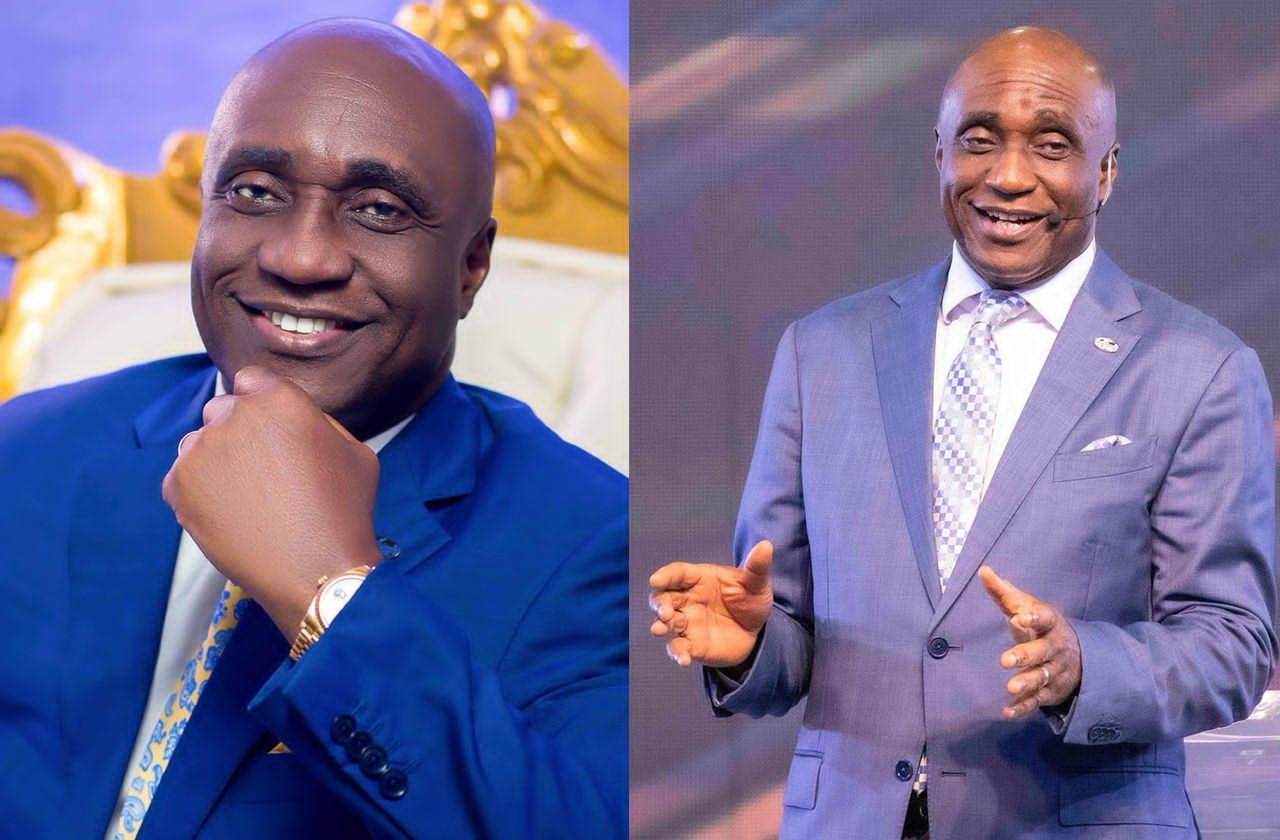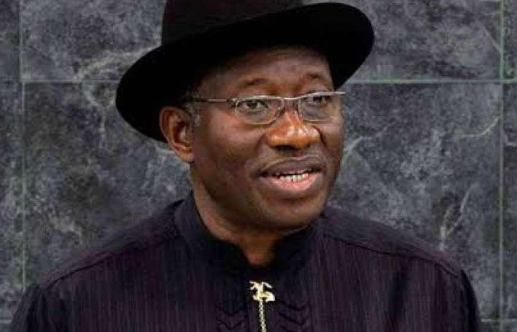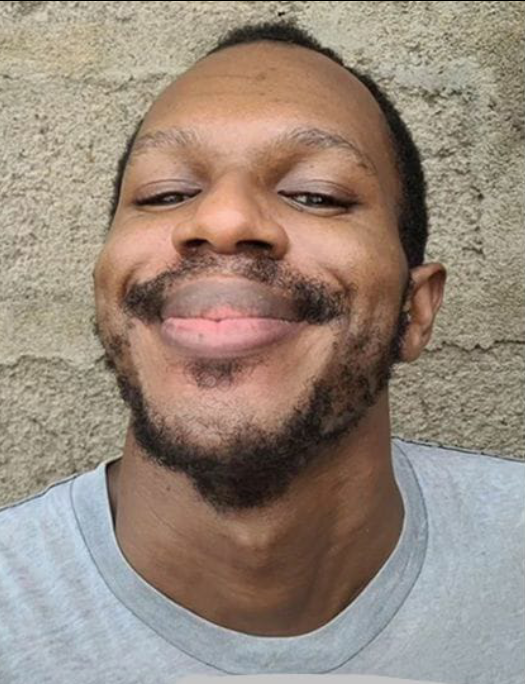
“Poverty Is a Mindset, Not a Lack of Money”: Pastor David Ibiyeomie Sparks Debate with Bold Declaration
In a statement that has sparked intense conversation across Nigeria\'s social media and religious circles, Pastor David Ibiyeomie, the founder and presiding pastor of Salvation Ministries, made a thought-provoking assertion during a recent sermon: “You can help the poor, but you must not associate with the poor. That you don’t
In a statement that has sparked intense conversation across Nigeria\'s social media and religious circles, Pastor David Ibiyeomie, the founder and presiding pastor of Salvation Ministries, made a thought-provoking assertion during a recent sermon: “You can help the poor, but you must not associate with the poor. That you don’t have money doesn’t mean you’re poor; poverty is a mentality.” The remark, which has since gone viral, has been dissected from various angles—some praising the insight, others questioning the intent, and a number critiquing the implication of distancing oneself from the less fortunate.
Pastor Ibiyeomie, known for his charismatic style and teachings centered on prosperity and excellence, addressed his congregation with fervor as he delivered the message. He emphasized the importance of mindset in determining one’s financial and social trajectory, suggesting that poverty should not be seen as a mere lack of resources but as a deeper, internalized state of thinking. According to him, the way individuals perceive themselves, their abilities, and their potential greatly influences their outcomes in life.
The pastor further elaborated that while it is a noble and godly act to extend a helping hand to those in need, constant association with people who have embraced poverty as an identity could negatively influence one’s growth and mindset. “You can help the poor, you can feed them, clothe them, pay their bills,” he said, “but if you start mingling with people who believe that life is all about managing and scraping, you will start thinking like them, and soon, you’ll find yourself trapped in that same mentality.”
These words have lit up public discourse, especially within Nigeria’s faith-based communities and among youths who see religious leaders as both spiritual guides and life coaches. Supporters of Pastor Ibiyeomie’s view argue that the statement is a hard truth that needs to be heard. They point to examples of individuals who, despite growing up in financially deprived environments, managed to break out of the cycle of poverty through sheer willpower, positive thinking, and relentless self-improvement. To them, what the pastor said resonates with the belief that success begins in the mind long before it manifests in one’s bank account.
One social media user wrote on X (formerly Twitter), “What Pastor David Ibiyeomie said is very correct. I grew up with nothing, but I never saw myself as poor. I worked hard, stayed away from pity parties, and focused on success. Today, I run my own business.” Another user noted, “It’s the same principle successful people follow. Surround yourself with greatness, not with people who always complain and see life as hopeless.”
However, not everyone agrees with the sentiment or the way it was phrased. Critics argue that the statement, though possibly well-intentioned, carries the risk of being misinterpreted or misapplied in a society already grappling with deep socio-economic divides. Some feel that it promotes classism under the guise of wisdom and that it could encourage the alienation of individuals who need companionship, empathy, and support the most.
An activist from Lagos, who asked to remain anonymous, said, “The idea that you shouldn’t associate with the poor can be dangerous, especially when taken literally. Does it mean you should abandon your roots, ignore your family, or isolate your childhood friends because they’re struggling financially? That mindset can create more division than development.”
Others took issue with the binary framing of poverty as merely a mindset. While it is true that mentality plays a significant role in how people navigate life, many believe it is unrealistic to separate financial hardship from material reality. A teacher from Ibadan commented, “Tell the single mother who hasn’t eaten in two days that poverty is in her mind. Tell the graduate who’s been jobless for five years despite having skills that all he needs is a positive mindset. We can’t ignore the structural issues.”
Despite the mixed reactions, what is undeniable is the growing influence of prosperity teachings in Nigerian churches. Messages that combine spiritual growth with financial success have gained traction, especially among young Christians seeking upward mobility. Pastors like David Ibiyeomie, David Oyedepo, and others have built massive followings around teachings that encourage believers to dream big, reject limitations, and see wealth as part of God’s plan for their lives.
Pastor Ibiyeomie’s declaration is just the latest in a series of bold teachings that continue to blur the lines between faith, finance, and philosophy. He has previously spoken about the importance of personal branding, dressing well, and avoiding environments that don’t align with one\'s goals. His emphasis on excellence, prosperity, and positive association stems from a belief that God did not create anyone to be a failure and that association has a powerful influence on destiny.
“The people you spend time with determine the direction of your life,” he said in a follow-up message. “If you’re always around people who speak fear, you’ll become fearful. If you walk with visionaries, you’ll dream bigger. If you sit with people who talk about building legacies, you’ll start thinking about your future.”
This principle of association is not new. Even the Bible, in Proverbs 13:20, states, “He that walketh with wise men shall be wise: but a companion of fools shall be destroyed.” It is this wisdom that Pastor Ibiyeomie seems to be drawing from, though some argue that it needs a more compassionate context in its delivery.
As the conversation continues, many are left pondering the balance between helping the poor and protecting one\'s mental and spiritual energy. Is it truly possible to uplift others without being pulled down? Can association be maintained without compromising one’s personal goals? And most importantly, how do we define poverty in a world where so many factors are at play—mindset, opportunity, access, and systemic inequality?
One thing is clear: Pastor David Ibiyeomie’s words have ignited a necessary debate about how we perceive poverty and the responsibility of those who have \'made it\' to those who are still on the journey. Whether one agrees with his perspective or not, the message has prompted thousands to reflect on their own associations, attitudes, and aspirations—and in that, perhaps, lies its real power.
Share this post
Related Posts

With Heavy Heart, Jonathan Admits: \'I Regret Not Ending Nigerians’ Suffering\'
In a deeply emotional and candid moment that drew both applause and solemn reflection, former...

“Stick to Makeup, Sis”: Daniel Regha’s Fiery Clapback at Tacha Sparks Heated Debate Online
The internet witnessed yet another dramatic face-off as popular social commentator Daniel Regha took a...

“She Spoils Him Too” – Ubi Franklin Defends Chioma, Reveals She Spent Big on Davido’s Birthday
The internet once again found itself in the middle of a heated discussion over the...